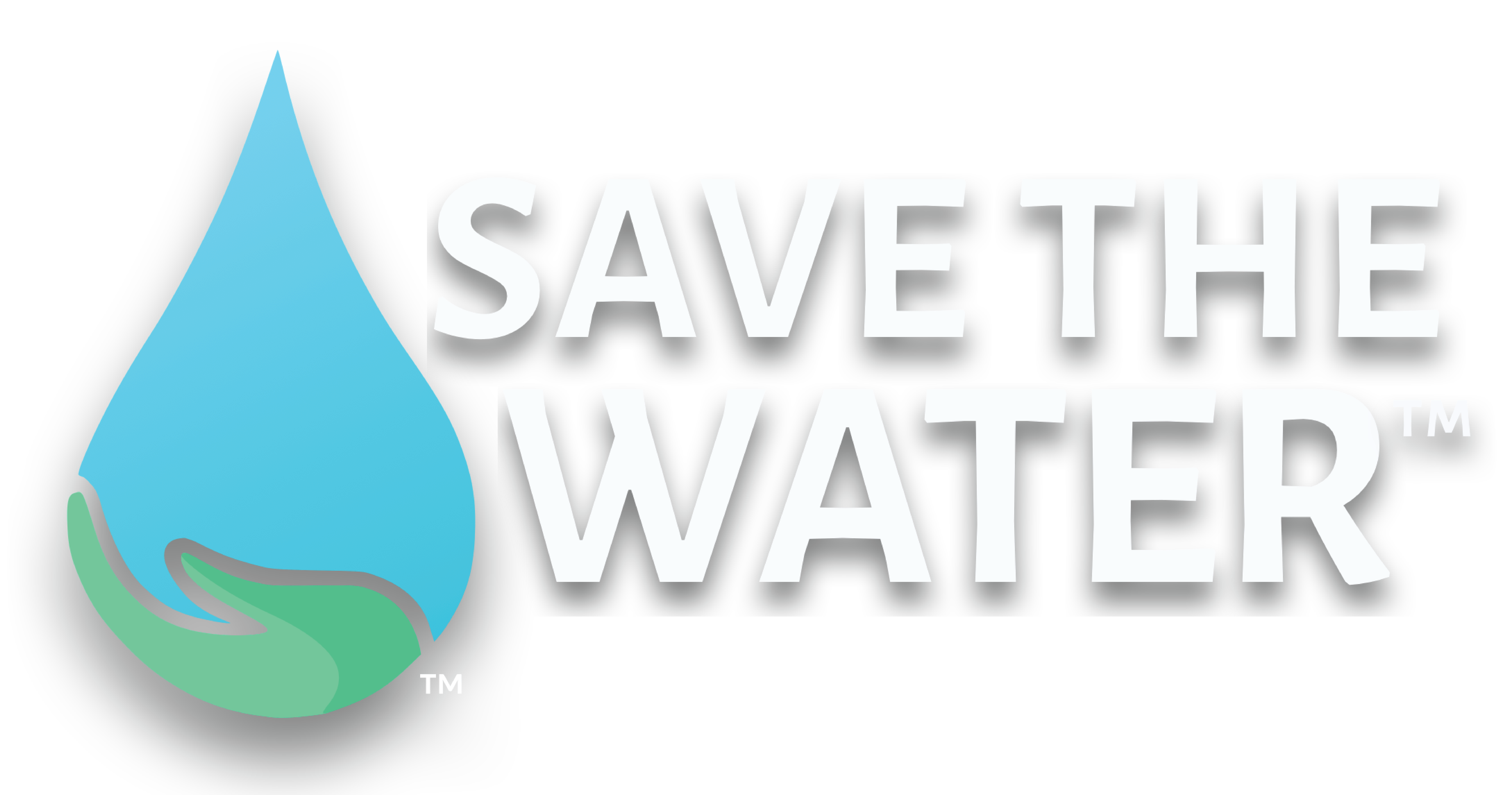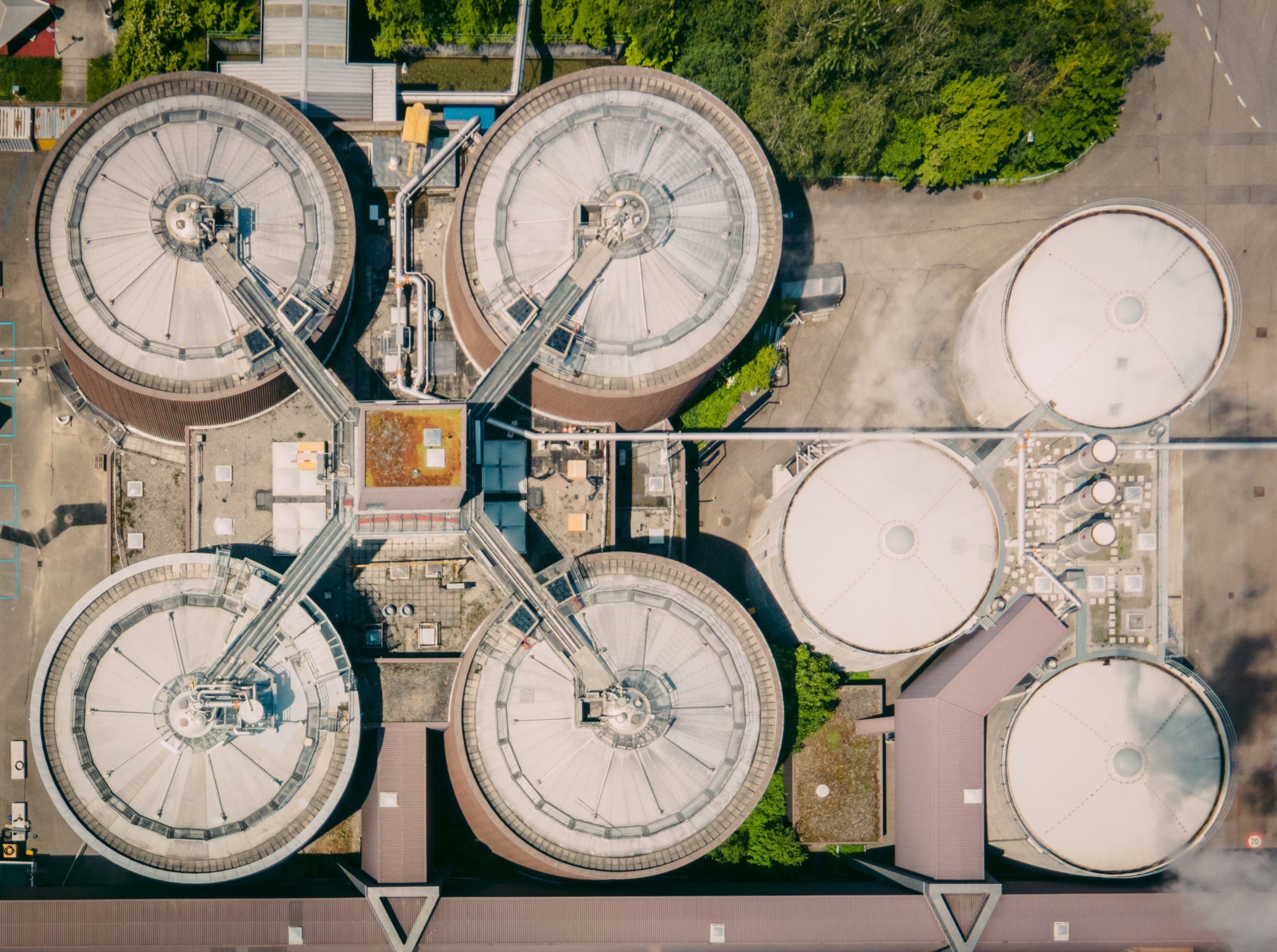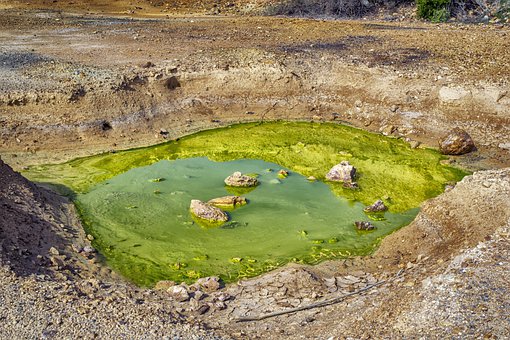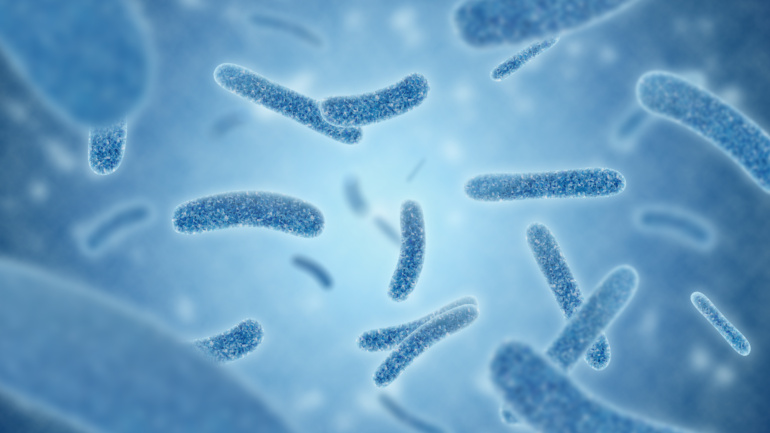By Samhar Almomani, Publishing Associate: Researcher and Writer at Save the Water™ | June 15, 2023
Wastewater can now be treated using bioelectrochemical systems (BESs) . Industries that produce pharmaceuticals and petroleum products consume a lot of water. In turn, these industries produce a lot of wastewater. For example, wastewater from petroleum industries contains harmful pollutants: hydrocarbons; and other compounds, such as dissolved solids and sulfur.
These compounds pose potential environmental dangers. As a result, eliminating them is a priority. Around the world, 80% of wastewater is discharged into local environments, usually with little to no treatment. However, if treated, people could reuse this water.. For example , California-based company Aquacycl has a goal of “creating distributed wastewater treatment to address water scarcity and lack of infrastrcuture in low-income countries.” This technology can be a gamechanger for wastewater treatment.
What is Wastewater?
In addition to industrial processes, wastewater can also come from day-to-day living processes, such as flushing the toilet and doing laundry. Depending on the source of wastewater, it is categorized as either gray water or black water. The former has several sources:
- showers
- tubs
- baths
- washing machines and dishwashers
By contrast, the latter has other sources: toilets and kitchen sinks. People may know wastewater by the term “sewage.”
Governments and industries usually work on treating wastewater because it affects fisheries, wildlife habitats, recreation, quality of life, and human health. In many communities, the majority of homes and businesses will send their wastewater to a treatment plant that works to remove pollutants from water. For instance, every day, approximately treatment plants in the United States process approximately 34 billion gallons of wastewater. Depending on the treatment plant’s technology, it may be able to better eliminate nitrogen, phosphorus, or a number of other contaminants.
Why Should We Care About Wastewater?
The majority of wastewater is just water. However, around 0.3% of wastewater contain various organisms, such as bacteria and parasitic organisms, that can cause harm to humans, animals, and the environment. When coming into contact with wastewater, a person could be exposed to microorganisms that can lead to:
- Gastroenteritis, which has symptoms of diarrhea or vomiting
- Dangerous viral infections, such as hepatitis (liver infections)
- Infections of the skin and eyes
- Giardiasis and cryptosporidiosis (stomach cramps, diarrhea or vomiting)
On top of that, wastewater harms our environmental health as well. The danger of dumping wastewater into other water bodies means that we are polluting potential, future water sources. Contamination by sewage and toxic chemicals harms the natural ecosystems, as the different types of water bodies are intertwined. Researchers admit that we may not even realize the full implications of wastewater on the environment.
How Aquacycl’s Technology Helps
Electrochemical principles and microbial activity are the two main elements of this new treatment technology. Aquacycl used these principles to develop Bioelectrochemical Treatment Technology (BETT) by involving “microbial fuel-cells” that work on producing direct electricity when they convert the different contaminants in the wastewater to CO2 and water.
The basic technology involves using naturally existing bacteria to convert the organic waste into electrical energy without risking any methane production. The electricity that is harvested can then be used to power other processes that require electrical energy.
The company’s technology will make a huge difference for industries that require extensive wastewater treatment for two reasons. First, bioelectrochemical treatment technology provides a way to achieve energy neutral wastewater treatment. Second, it simplifies the treatment process, which is known to be complex. Many companies are becoming aware of how influential this technology can be, and Aquacycl has begun signing long-term deals with many large companies.
One downside is that the water technology is known to be risk-averse, which means that much-needed changes take longer to develop. Aquacycl, like other water technology companies, depend on support they receive from companies whose products release a lot of wastewater. With that being said, water technology is starting to develop faster and more sustainable innovations.
Treating Wastewater in the Future
We need more ways to treat wastewater. The technology developed by Aquacycl will play a big role in pushing the industry forward and ensuring that companies can better treat wastewater. As other researchers start working on methods that make processing wastewater easier, treating wastewater for reuse may become quicker.





